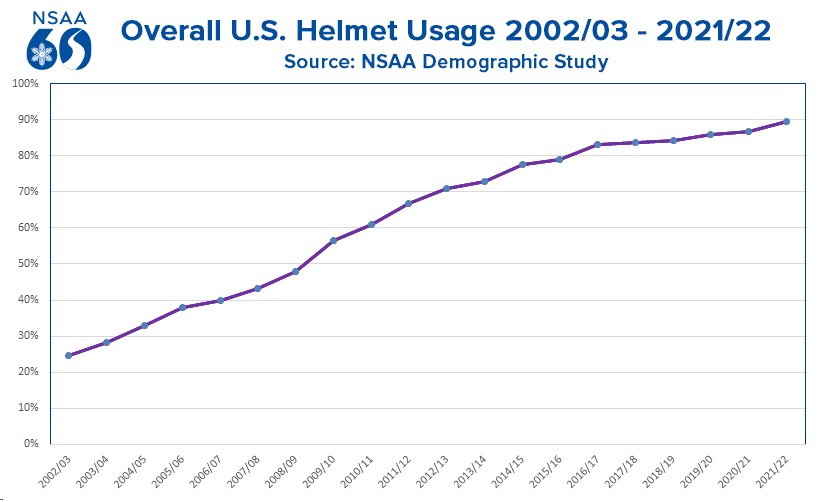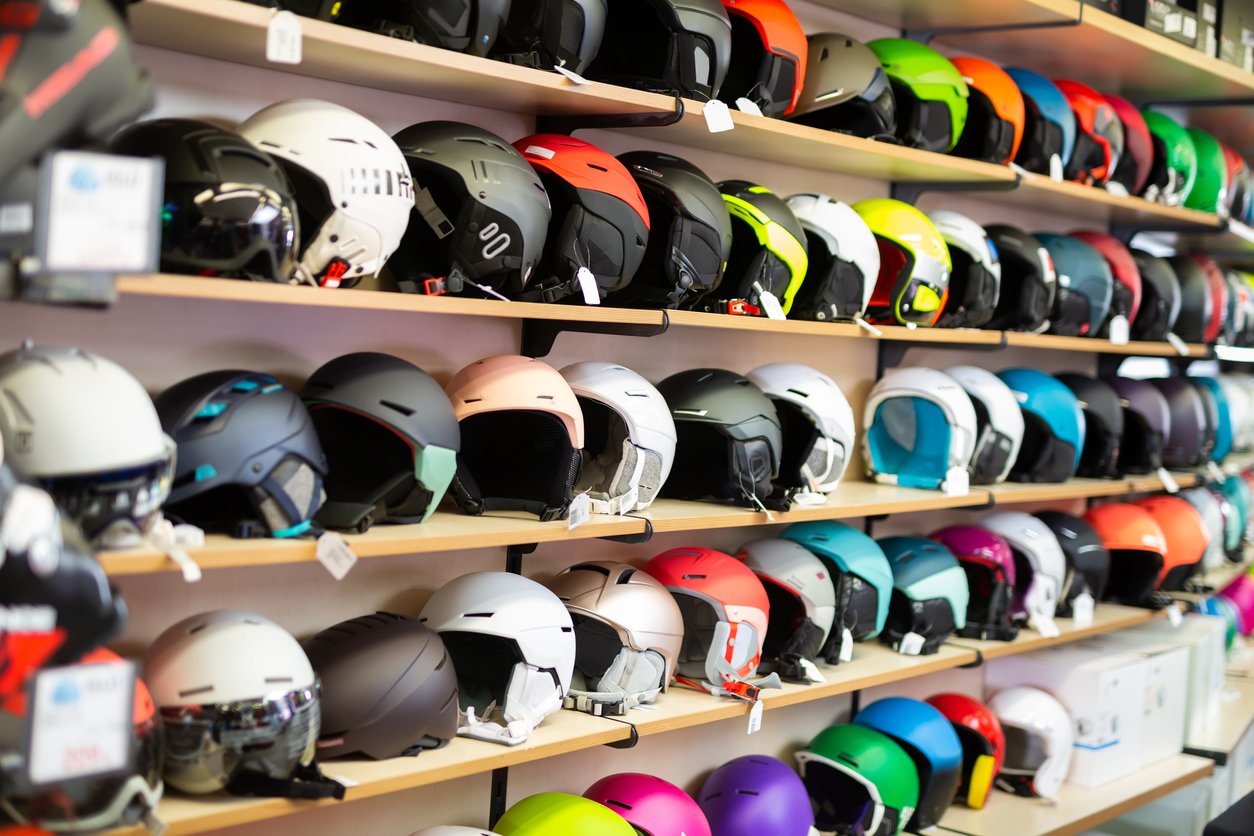Winter Sports Safety
This National Winter Sports TBI Awareness Month, let's focus on the crucial gear that's not just trendy, but life-saving: the helmet. Nearly 90% of skiers and snowboarders wear helmets, but choosing the right one can be challenging. We'll help point you in the right direction. Concussions, though invisible, can lurk beneath seemingly minor symptoms. We'll talk about why it’s important to seek immediate medical care if you suspect you or your child has had a concussion.
“This time of year high-speed winter outdoor activities such as skiing, snowboarding, and snowmobiling increase the risk for the person to suffer a concussion or TBI from a direct blow to their head, increased acceleration or deceleration injuries which can lead to symptoms of confusion, disorientation, change in consciousness or mood, and amnesia. To minimize your chances of suffering a concussion or TBI during your outdoor activities always wear the proper protective equipment including an appropriately fitted helmet. Seek help if you have suffered a head injury, especially if you note symptoms.” - Dr. Eder
Helmet Usage Is Increasing
Source: https://www.nsaa.org/NSAA/
Over the past 20 years, there have been major strides in the adoption of helmets in snow sports. According to data from the National Ski Areas Association, helmet use was around 25% back in 2002. As of 2022, nearly 90% of skiers and snowboarders and nearly 100% of kids age 9 and under-reported wearing a helmet while skiing or riding. About 95% of all kids age 17 and under wore helmets on the slopes.
Choosing A Helmet
Not all helmets are created equal. Differing materials, technologies, and construction all impact a helmet’s ability to absorb impacts and reduce head trauma. If you are looking to purchase a helmet for skiing or snowboarding, we recommend checking out this list from Virginia Tech, where researchers have been providing unbiased helmet ratings since 2011. According to their website, “the helmet ratings are the culmination of over 15 years of research on head impacts in sports and identify which helmets best reduce concussion risk. This work is done as part of Virginia Tech’s service mission and is 100% independent of any funding or influence from helmet manufacturers.”
Concussion Concerns? Don't Ignore Them
Concussions are mild traumatic brain injuries (mTBI) with the potential for short-term and long-term consequences if not managed properly. While symptoms like headaches and dizziness might seem minor, early recognition and intervention are crucial for optimal recovery.
Concussions are not to be taken lightly. Sublette County Health is committed to providing expert guidance and compassionate care. We are here to answer your questions, address your concerns, and ensure you receive the right support to heal and thrive. If you suspect you or your child has had a concussion, seek immediate medical care.



